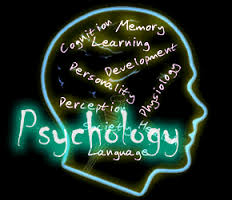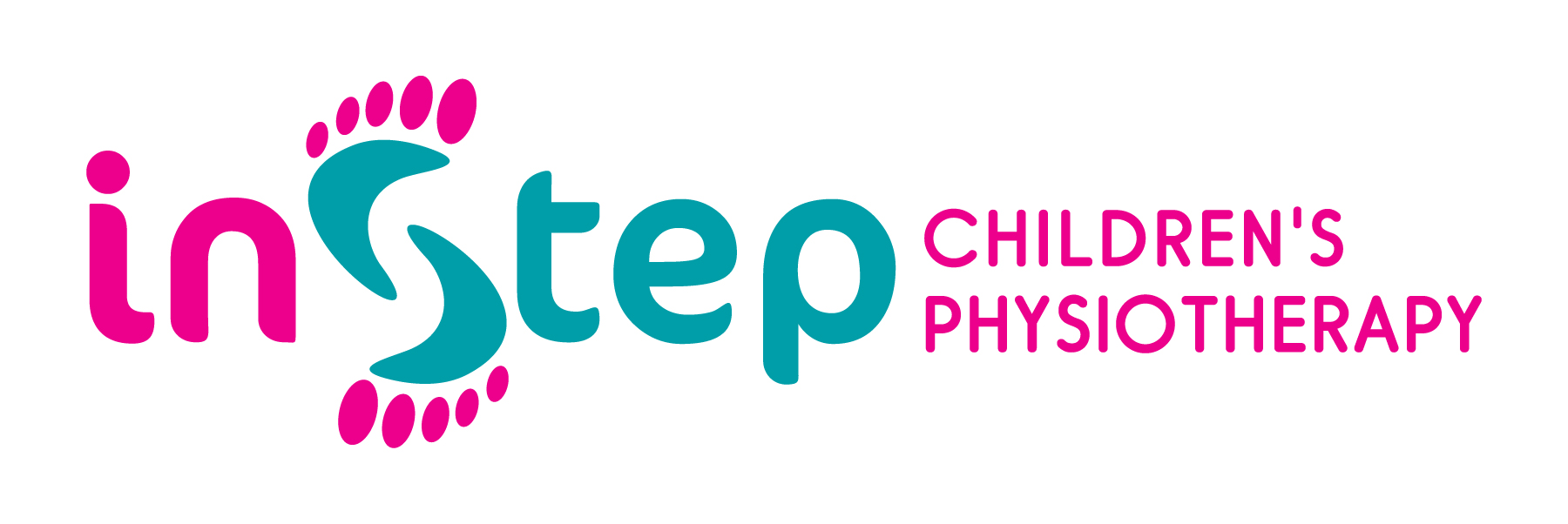 Chronic health conditions are difficult to manage at any age, but when a child suffers from a chronic health condition it can be particularly trying, not just on the child herself, but on the family as a whole. Paediatrics recognises that a chronic health condition can impact not only on the child’s physical health, but also their emotional well-being, and this is where the growing field of Paediatric Psychology comes into the picture.
Chronic health conditions are difficult to manage at any age, but when a child suffers from a chronic health condition it can be particularly trying, not just on the child herself, but on the family as a whole. Paediatrics recognises that a chronic health condition can impact not only on the child’s physical health, but also their emotional well-being, and this is where the growing field of Paediatric Psychology comes into the picture.
Paediatric Psychologists are Clinical or Health Psychologists who specialise in helping children and families cope with the physical and emotional burden of having a health condition. This may include supporting health behaviours to increase adherence to treatment, working with needle phobias, helping the families adjust to diagnosis, and working with children who may suffer from anxiety and depression.
Paediatric psychologists work as part of a multi-disciplinary team to enhance the work that the other professionals do. Having a psychologist on a team can increase the chances that a child will complete their physiotherapy, by working with the physio to problem solve any difficulties, to teach pain management skills, and overcome any anxiety a child may have about getting better and working through a difficult program.
If your child has a chronic health condition which is impacting on family life, relationships or the child’s social, emotional or physical functioning, consider an appointment with a paediatric psychologist – they may just be the missing link in helping you all to cope with this latest life challenge.
Top tips for helping your child with a chronic health condition:
1. Let your child know that all emotions are appropriate when faced with a new diagnosis. Give your child a space to express this in everyday life. Many parents use the time in the car on the way home as a non-confronting space to discuss tough issues with their child.
2. Find what connects good health behaviours to your child’s values (these are often different to yours). E.g. A child may be more likely to do chest physio if it makes them cough less and seem less different to friends.
3. Managing your own emotions around their health conditions can help your child self-manage their own coping. Children are very susceptible to their parents emotions, and will interpret any anxiety on your part as a reason for them to be worried about their health. younger children will often magnify this anxiety into something terrible, so if they do pick up on your worry, make sure you talk to them about what your worry is. Talk to a psychologist if you need assistance to manage your emotions
4. Use rewards charts and phone apps to help stick to treatment more easily. Children have difficultly linking their own long-term future with what is happening right now, and often need external reinforcement to keep them motivated. Once the treatment becomes routine you should be able to pull back the reinforcement a little.
5. Let your child have a say in their treatment when possible. Children with a chronic health condition can often feel helpless and disempowered. Giving them sole control over their routine, what treatment they take, or when they come into hospital can give them a sense that they do have control and that things may be ok.
If you think seeing a paediatric psychologist would be helpful for your family, ask your treating team to refer you to a hospital psychologist, or consult the British Psychology Society website for specialists in health conditions.
